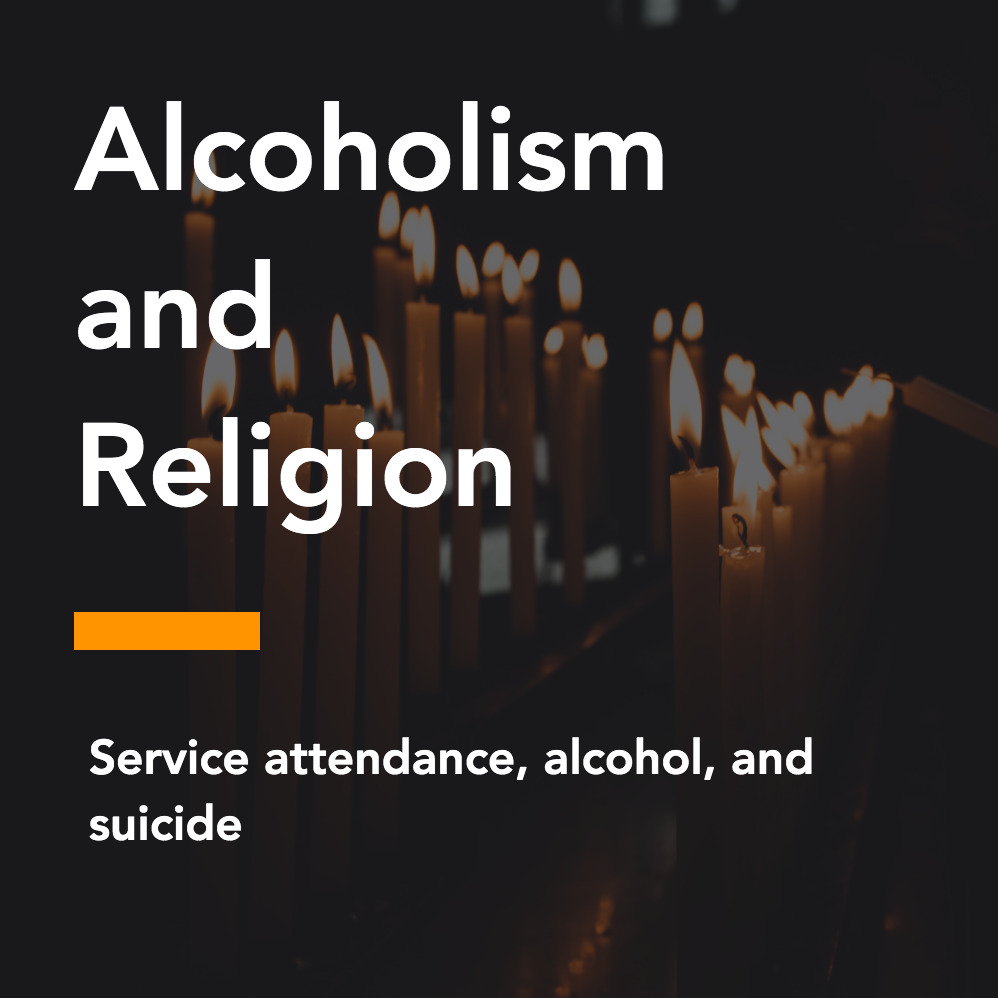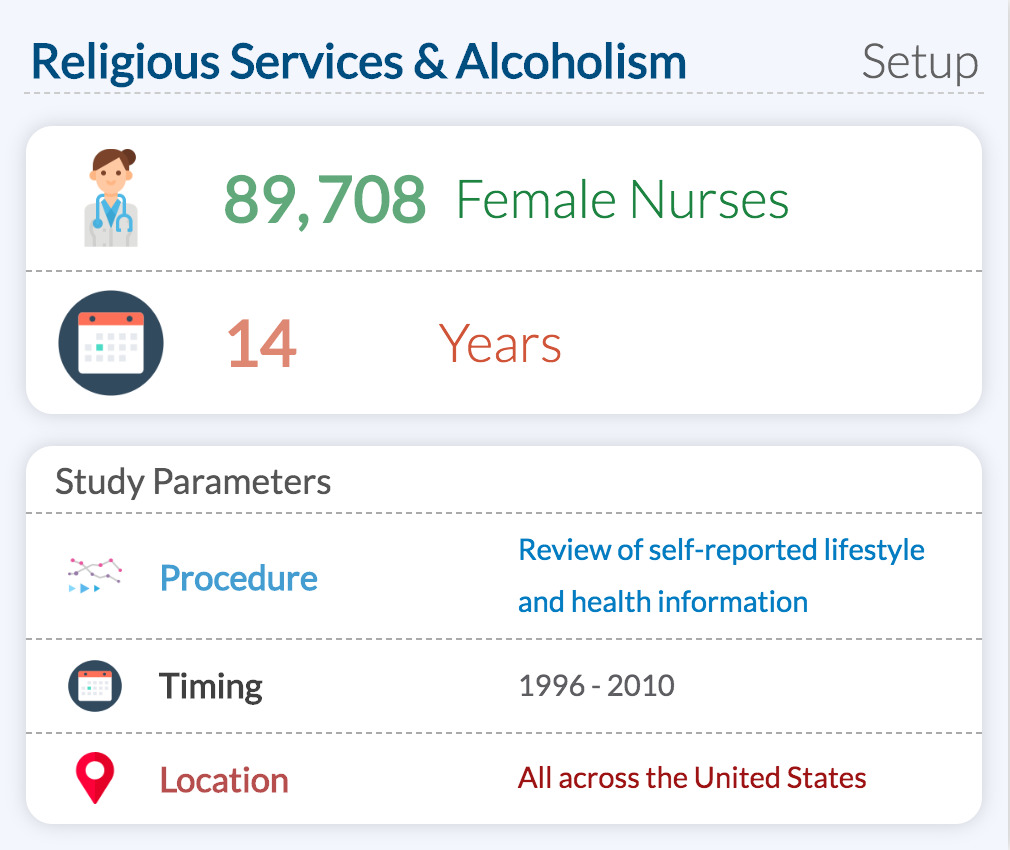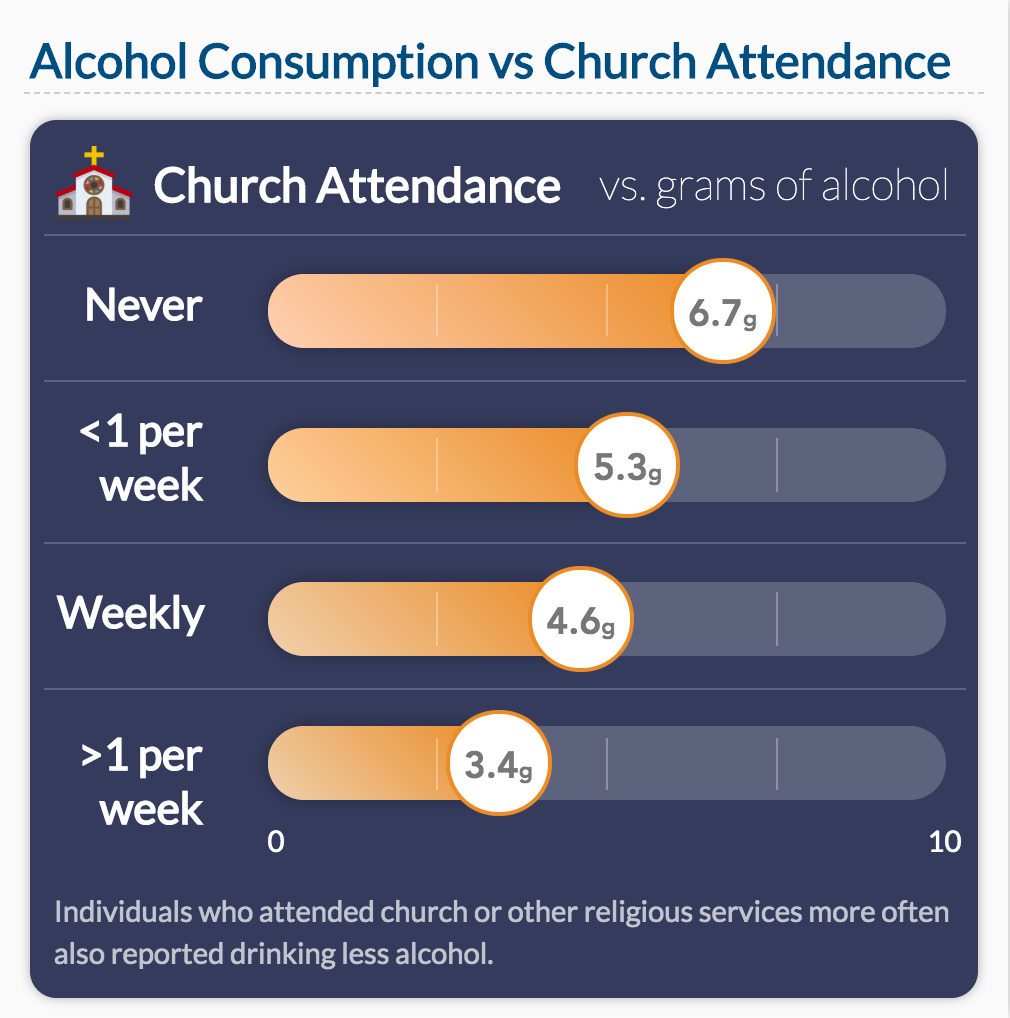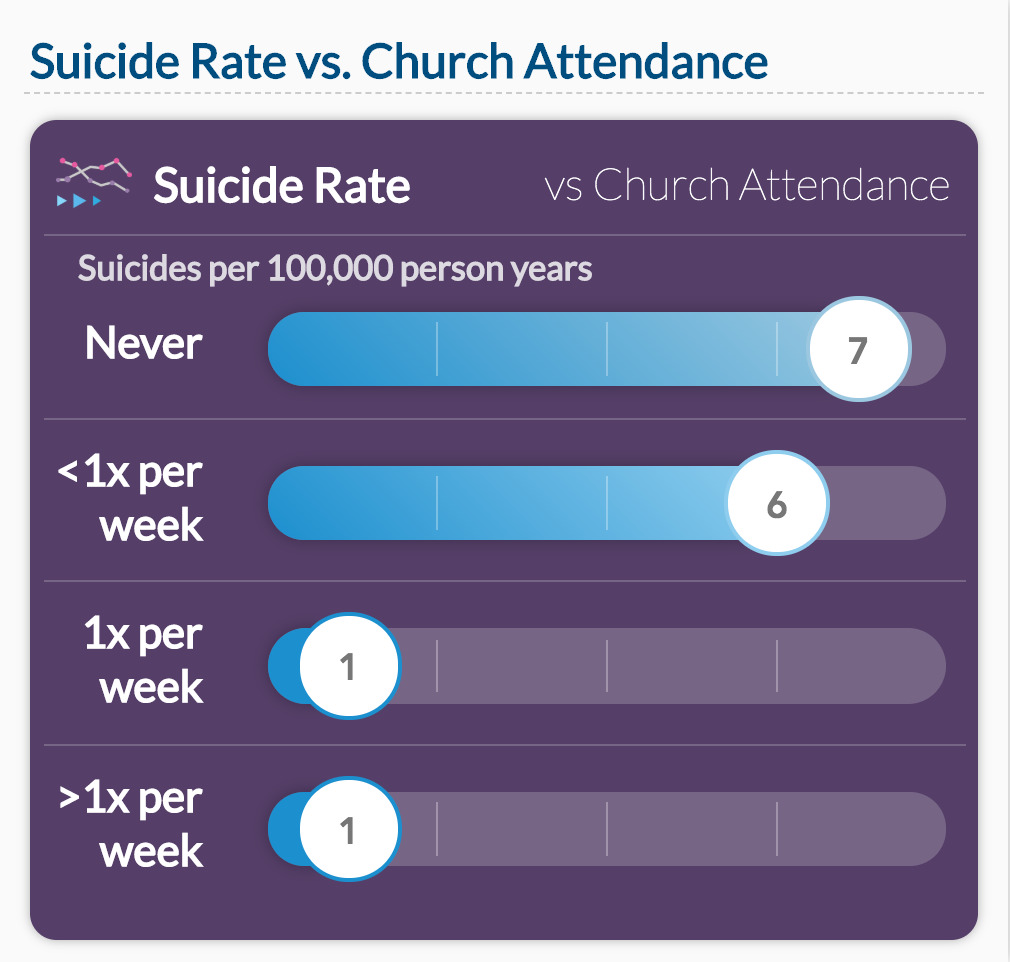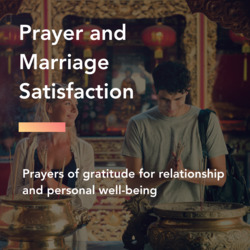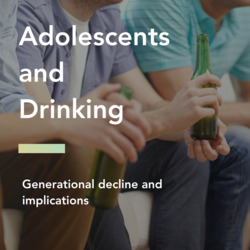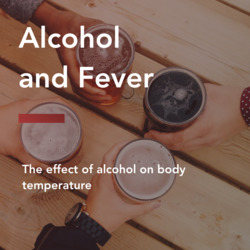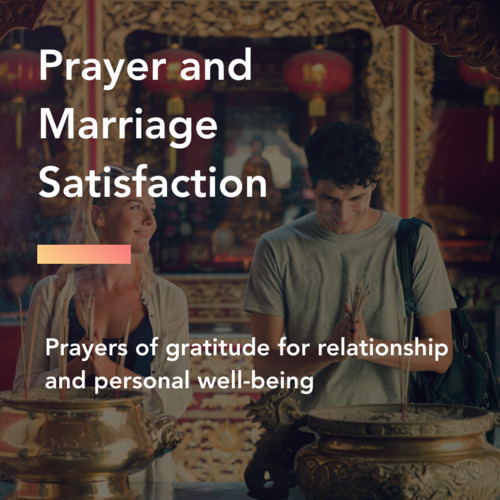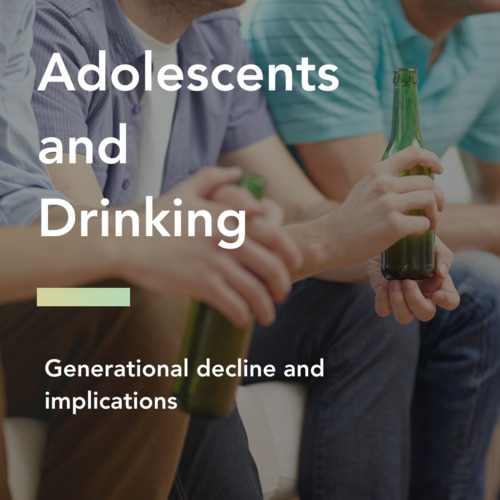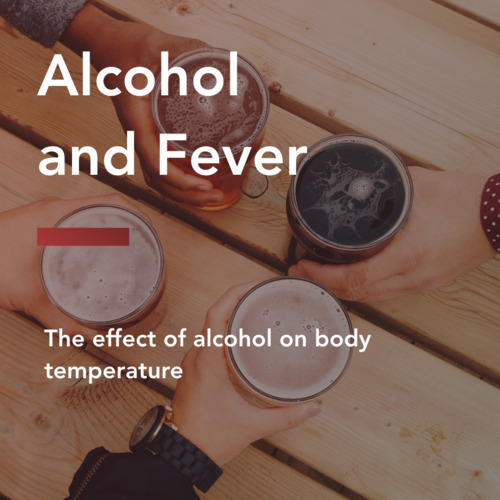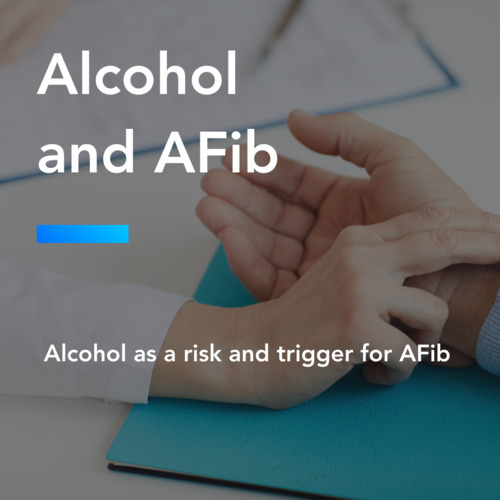Excessive drinking has been tied to a wide range of public health and medical risks. To name a few: cancer, pregnancy complications, high blood pressure, weakened immune system, and depression. Alcoholism is also associated with social problems and suicide.
This disease is complicated and often coexists with other ailments. An array of preventative and therapeutic interventions have been designed to help those who are suffering.
Source: CDC
In this article, we looked at the association between religious service attendance, alcohol consumption, and risk of suicide.
Study Design
The Nurses Health Study was a large-scale, long-term study in the United States starting in 1976. Participants were ages 30 to 55 at the start of the study. The purpose of the study was to collect a variety of data about lifestyle and health in an effort to identify trends and understand the state of adult women’s health in this country.
Nearly 90 thousand female nurses offered information about their religious service attendance from 1996 to June 2010.
Researchers asked participants how often they attended religious services. Their responses were broken up into four groups: never, less than once per week, once per week, and more than once per week.
Alcohol intake
A separate question assembled the average grams of alcohol composed a day in each study group.
The data comparison revealed a slight difference between religious service attendance and alcohol consumption. Those who never went to church reported drinking more grams of alcohol per day than the other groups.
This is not concrete evidence that people who go to church drink less alcohol. There are other factors that could influence how much alcohol they drink. However, this study is vast enough to give some consideration to these findings.
Religious service attendance and suicide
A key finding of the Nurses Health Study is the association between religious service attendance and suicide.
Researchers looked at the participants who died by suicide and their self-reported religious service attendance. Interestingly, they found that female nurses who attended religious services once or more per week had an approximately 5-fold lower rate of suicide.
According to the data, alcohol may play a significant role in this relationship. Alcohol consumption seemed to explain some of the association for those attending services less than once per week, but little of the association for the other groups.
This study is strong for a number of reasons. The sample was very large, allowing for demographic characteristics to be evenly distributed between groups. The magnitude of this study allowed the researchers to isolate religious service attendance as its own variable.
On the other hand, this study has limitations. All the participants were female, worked as nurses at some point in their lives, and were mostly white. Therefore, the results can not be generalized to men in the US, other races, other countries, or areas with limited religious freedom.
Excessive drinking can worsen a long list of problems. If you are concerned that you or someone you know might have a drinking problem, we suggest consulting your primary care provider.
You can visit Alcoholics Anonymous for more information.
